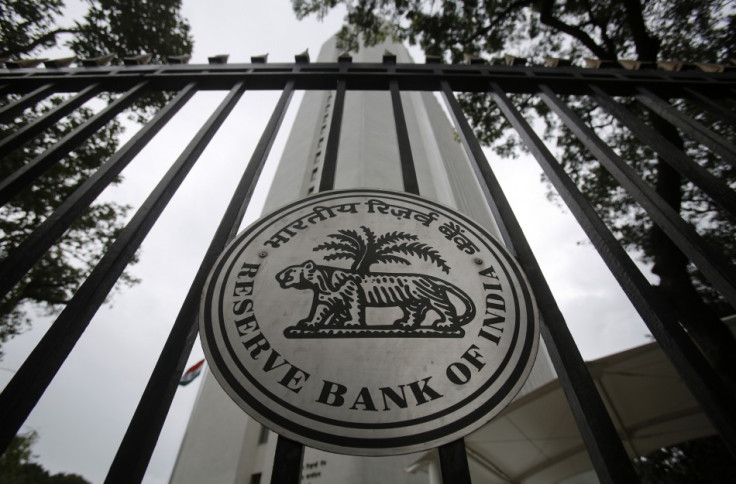India's Central Bank Targets Rupee Boost via US$ Sale

India's central bank will sell dollars to three state-run oil companies in its latest measure to rein in the rupee's decline and the bad effect of rising oil prices on the economy amid concerns of a military strike against Syria.
The Reserve Bank of India (RBI) said it "has decided to open a forex swap window to meet the entire daily dollar requirements" of state-controlled oil marketing companies, Indian Oil Corp, Hindustan Petroleum Corp, and Bharat Petroleum Corp.
"Under the swap facility, Reserve Bank will undertake sell/buy USD-INR forex swaps for fixed tenor with the oil marketing companies through a designated bank," the RBI said in a statement.
It added that the facility is in operation with immediate effect and will remain in place "until further notice".
After closing at 68.83 per dollar on Wednesday, the rupee gained as much as 2.5% against the US dollar on Thursday. The dollar is trading at 67.73 rupees, down 1.59%, as at 7:15 am GMT.
India's currency has fallen by about 20% against the US dollar since the beginning of 2013 and has been the worst performing currency in Asia. The country's attempts to contain the slide are yet to make any significant change.
Reduced Pressure on Rupee
The forex swap window for oil companies is the latest measure undertaken by the central bank to stem the fall in rupee. The move was widely expected as the central bank asked oil companies in July to buy dollars from a single bank.
The RBI had opened a similar scheme during the 2008 global financial crisis.
By directing state-run oil companies with significant high US dollar demand to a special window, the central bank looks to ease the pressure on rupee. The companies' daily dollar demand is worth between $400m (£258m, €299m) and $500m, according to Reuters.
Rising Oil Prices
A possible military strike against Syria has recently triggered volatility in oil prices. While Syria is not a major oil producer, the stability of the key oil producing region of the Middle East is threatened by foreign intervention in the Syria conflict.
India largely depends on imports for its energy needs and a higher cost of oil would hurt the country's efforts to reduce its current account deficit. Due to the decline in its currency, India has to pay more for its imports.
A widening deficit means further strain on the nation's foreign exchange reserves and more borrowing, which puts further pressure on budget.
India's foreign exchange reserves have come down to a level that it can pay for only seven months of imports. Economic growth slowed to a 5% last year, the slowest rate of expansion in a decade.
© Copyright IBTimes 2025. All rights reserved.






















